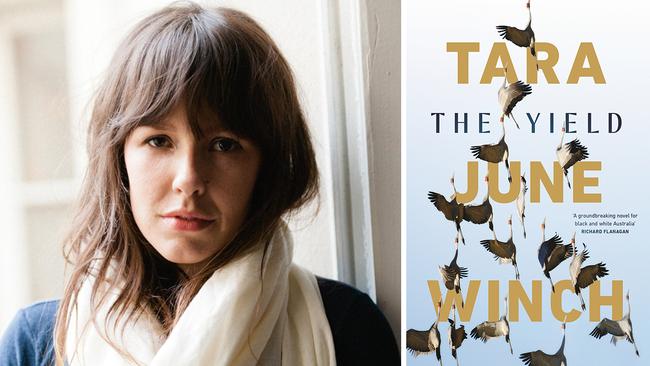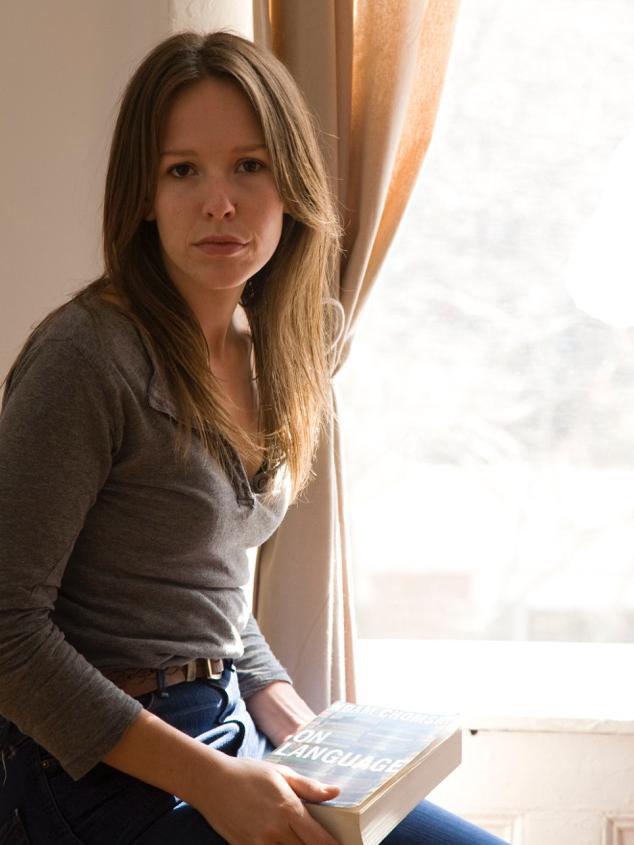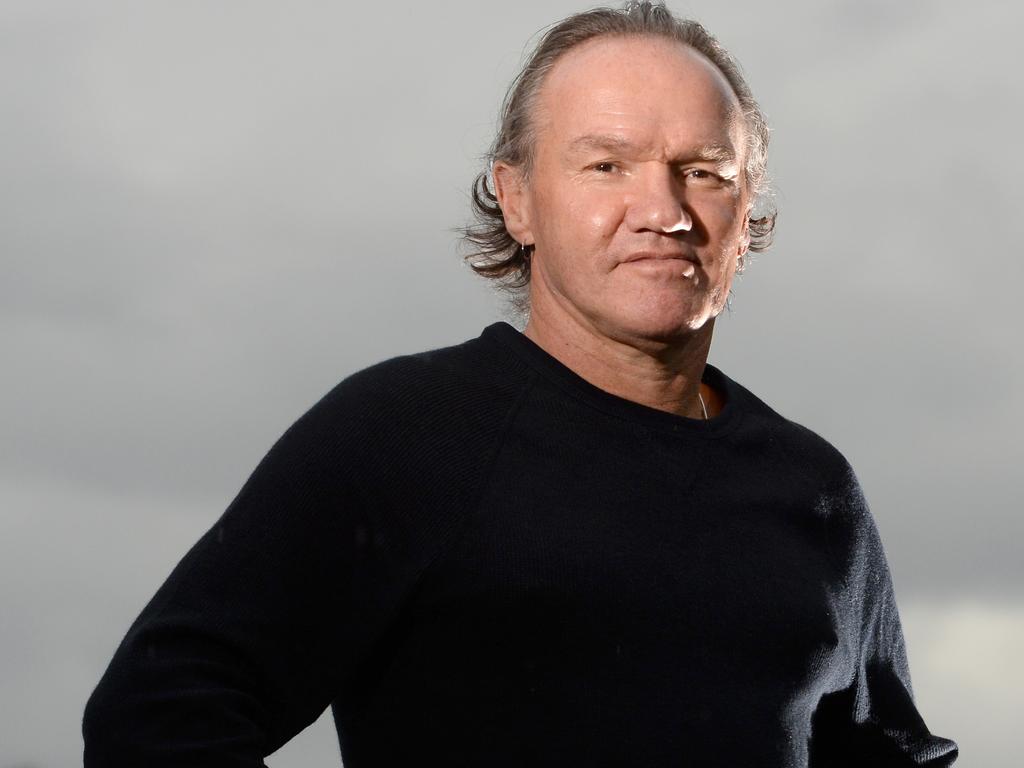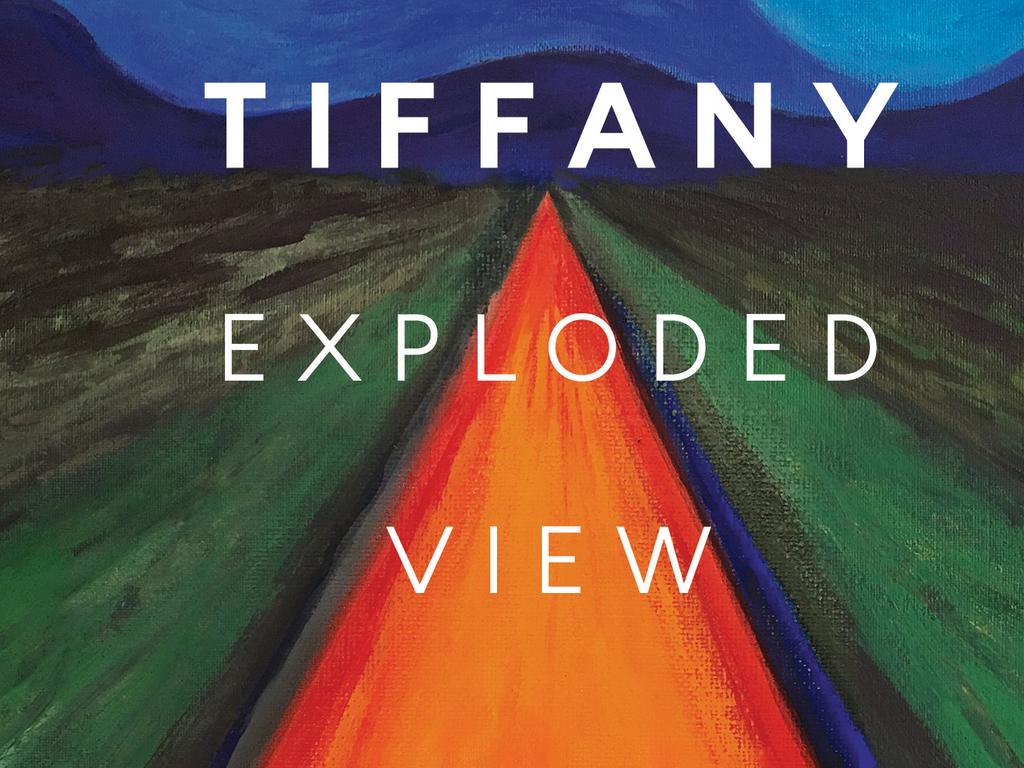Miles Franklin win bittersweet for indigenous author Tara June Winch
‘I would prefer Tony to be winning this’ is not the first statement you’d expect from a Miles Franklin winner.

Indigenous author Tara June Winch is a rare Miles Franklin winner. She is pleased to have won the nation’s most prestigious literary award but she is disappointed she cannot share it with her fellow shortlistees and with all indigenous writers.
“Stop it at the short-list,’’ Wollongong-born Winch tells The Australian from her home in southwest France, where she has lived for almost a decade. “They are all winners. Read them all.”

Winch, 36, won the Miles Franklin, worth $60,000, for her third book, a novel titled The Yield. That makes it back-to-back wins for indigenous writers, following Melissa Lucashenko receiving the 2019 award for Too Much Lip.
The Yield centres on an indigenous woman, August Gondiwindi, returning home from a decade overseas for the funeral of her grandfather, Albert Gondiwindi, who had been compiling a dictionary to preserve the language of his people.
The novel includes pages from his work, translating English words into the Wiradjuri language. He decided to compile in reverse, meaning yield (baayanha), with its double meaning, is an early entry and Australia (Ngurambang) is the final entry. With the word Ngurambang, he notes early in the novel, “If you say it right it hits the back of your mouth and you should taste blood in your words.’’
Knowing that he will soon die, Albert ‘Poppy’ Gondiwindi takes pen to paper.
— MilesFranklin (@_milesfranklin) July 5, 2020
His life has been spent on the banks of the Murrumby River at Prosperous House, on Massacre Plains. Albert is determined to pass on the language of his people and everything that was ever remembered. pic.twitter.com/m1OVJ4fRwu
“The Yield explores the legacies of colonial violence, shame, intergenerational trauma and environmental destruction,’’ says chief judge Richard Neville of the State Library of NSW.
“Winch celebrates and amplifies the contemporary resurgence and relevance of the Wiradjuri language. The Yield, a story of pain, loss, resilience and hope, is a novel where the past is the present is the future.’’
Winch, who is Wiradjuri, is the fourth indigenous writer to win the Miles Franklin, which was first awarded in 1957, to Patrick White for Voss. The other indigenous recipients are Lucashenko, dual winner Kim Scott (in 2000 and 2011) and Alexis Wright (2007).
Announcing the #MFLA2020 Shortlist
— MilesFranklin (@_milesfranklin) June 17, 2020
The White Girl, Tony Birch @UQPbooks
Islands, Peggy Frew @allenandunwin
No One, John Hughes @uwapublishing
The Returns, Phillip Salom @transitlounge2
Exploded View, Carrie Tiffany @text_publishing
The Yield, Tara June Winch @PenguinBooksAus pic.twitter.com/oqMPG2Xk3P
The other short-listed writers, who each receive $5000, were indigenous author Tony Birch (The White Girl), Carrie Tiffany (Exploded View), Peggy Frew (Islands), Philip Salom (The Returns) and John Hughes (No One).
Winch says her success is bittersweet, especially because Birch has been a significant influence on her writing. “It’s not our cultural way to pit us against each other,’’ she says. “I would prefer Tony to be winning this.”
She says the recent success of indigenous writers is welcome but adds the Australian literary world still has a lot of catching up to do “to acknowledge the work we have done as indigenous writers”. She thinks indigenous writers should make up 50 per cent of bookstores, 50 per cent of literary festivals, rather than being confined to the “small tents”.
“Being a finalist is a great honour. It means that I can be a mentor to the next generation of Indigenous writers too, and highlights our overall stories, not just mine."
— MilesFranklin (@_milesfranklin) July 4, 2020
Tara June Winch, author of The Yield. Shortlisted for the #MFLA2020@PenguinBooksAus pic.twitter.com/7ZW1HwHxL8
“People say, ‘Why are you guys writing so much now?’, to which I say, ‘It’s not we who have changed, it’s you who have changed. You are seeing us now.’
“I hope the presence of Tony Birch and myself on the shortlist signals to the publishing industry that we can write our own stories, and that we don’t want to be spoken for.
“I also hope it encourages the next generation of indigenous voices, to know there is a space for them in the industry, and in the minds and hearts of a new era of readers. We need to hear voices from the whole country to truly immerse ourselves in the song of Australia.’’





